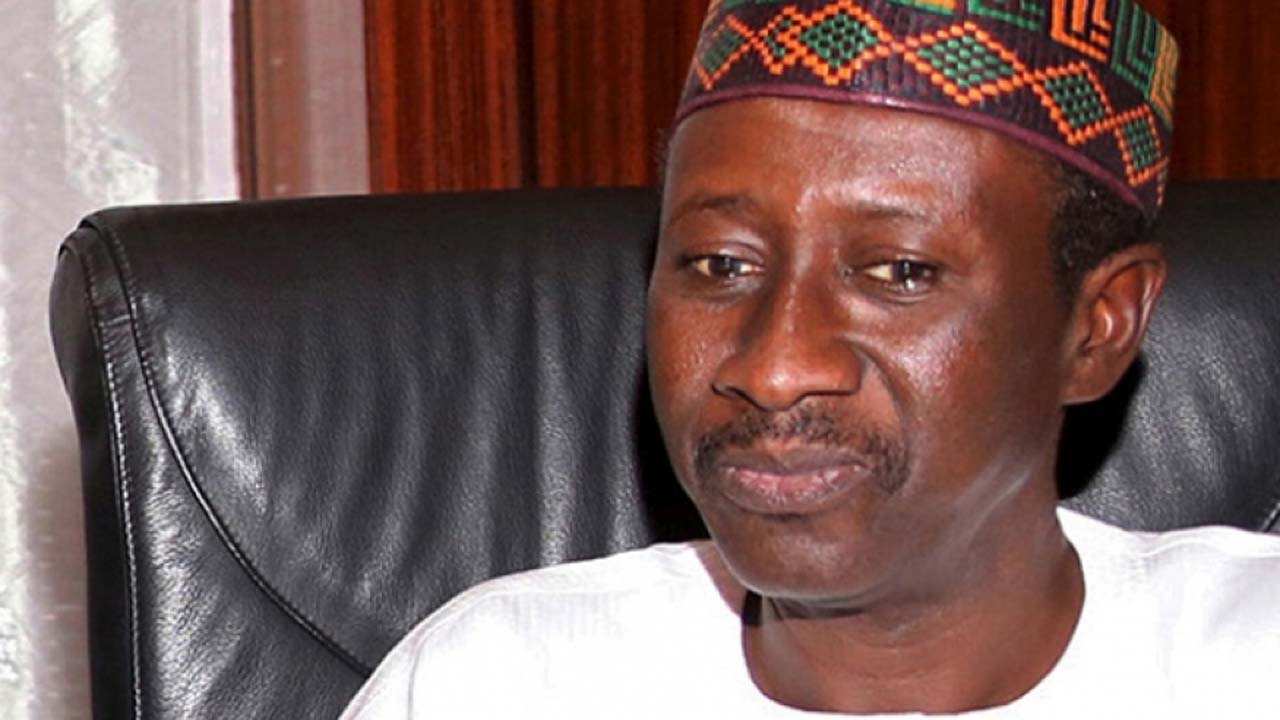
The crisis in the power sector took the front burner during deliberations yesterday at the weekly Federal Executive Council (FEC) meeting.
In the memo presented to the gathering that lasted several hours, the Minister of Power, Saleh Mamman, spoke on the electricity distribution companies (DISCOs) which he stated had failed to honour their commitments to buy and distribute adequate power generated for them by the generation companies (GENCOs).
He, however, did not disclose what punitive measures await them in the future, just as he alleged high level corruption in the sector.
Mamman explained that government was done with providing interventions for them, adding: “We would no longer extend subsidies to the DISCOs because they have failed to make optimum use of the financial interventions.”
He clarified that the DISCOs do not evacuate all of the about 13,000 megawatts generated by the GENCOs.
The minister said of the 7,000 megawatts transmitted, the GENCOs manage to pay for only 15 per cent of the 3,000 megawatts they are able to distribute.
He noted that the implication was a technical economic loss, as the GENCOs do not get value for the electricity they generate, while consumers also do not get adequate electricity despite the output of the GENCOs.
However, the National Security Adviser (NSA), Maj.-Gen. Babagana Monguno (rtd) was absent at the meeting presided over by President Muhammadu Buhari at the State House, Abuja.
It could not be immediately established whether his absence had anything to do with the power spat between him and the Chief of Staff to the President, Abba Kyari.
But the CoS, Secretary to the Government of the Federation (SGF), Head of Service of the Federation and other top government officials were in attendance.
Meanwhile, the Minister of Works, Babatunde Fashola, has taken a swipe at the Nigerian Communications Commission (NCC) for allegedly shelving its mandate of regulation for advocacy ambassador for the telecommunications companies.
Fashiola, who spoke yesterday at a public hearing on the increasing rate of drop calls by the Joint Committee on Communications, Trade and Investment in Abuja, said regulators were expected to play the role of intermediary between the business and the consumers without leaning unduly to any side.
He said: “The person who must be a regulator, his mindset must be different from some of the things I have heard today and it is not usual for me to disagree with a colleague, it is not my nature but I think if the telcos wanted to hire a lawyer, I think the regulator has done a better job for them here today.”
